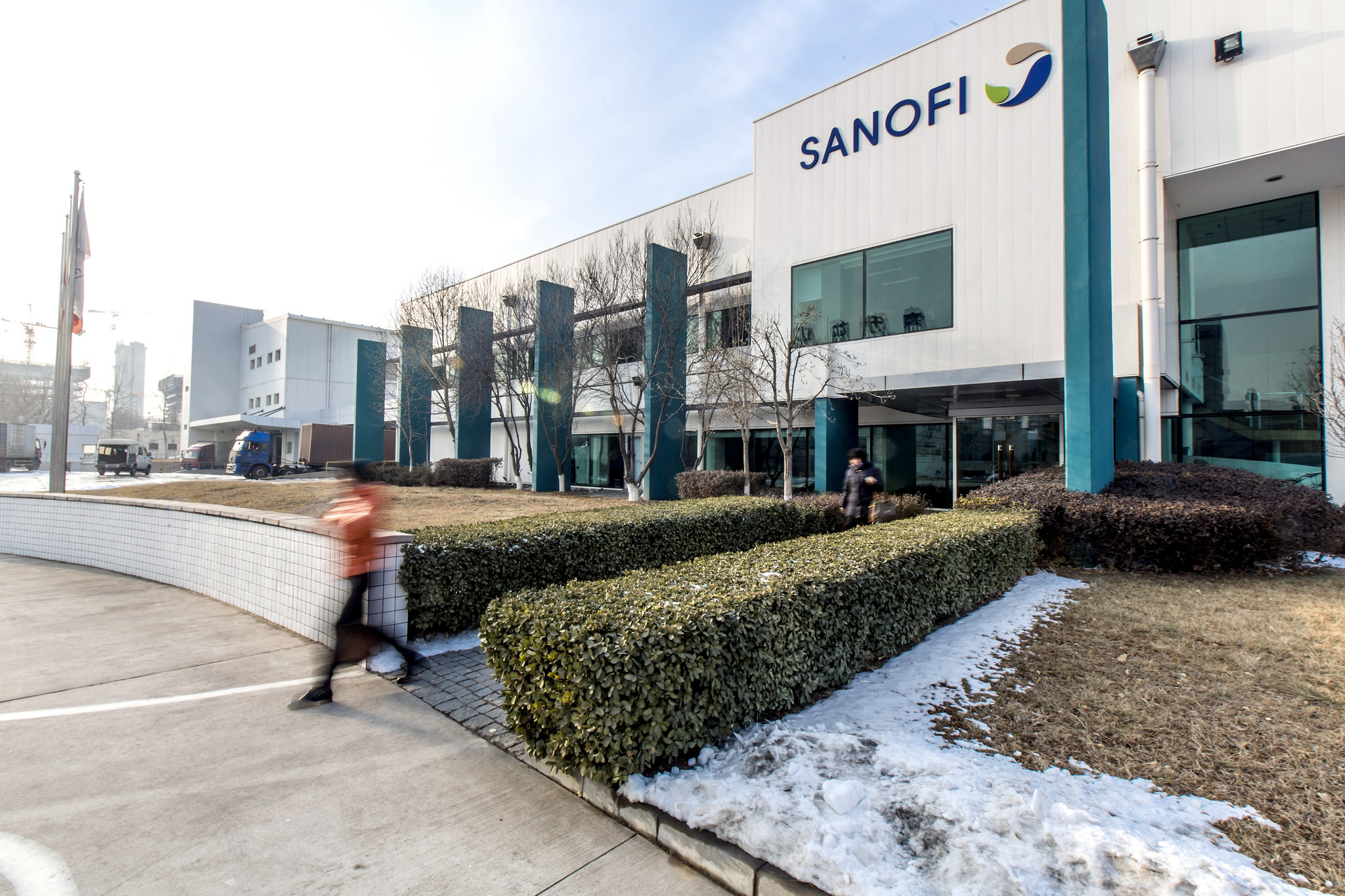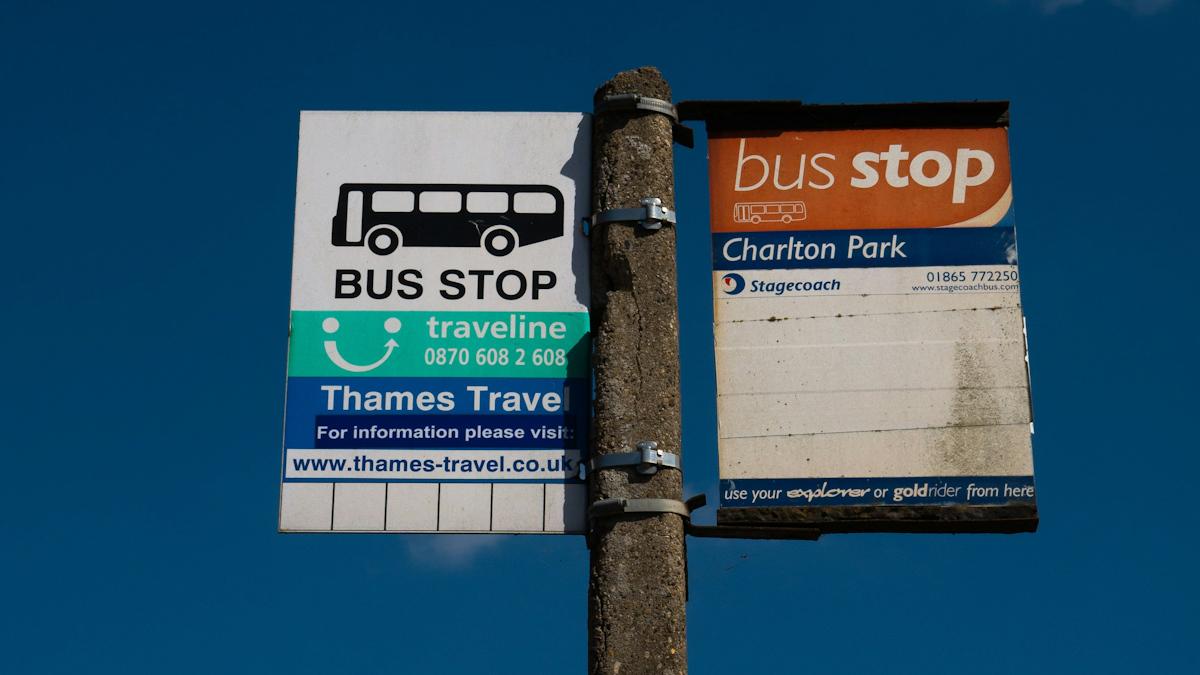Sanofi makes low-cost medicines pledge for low-income countries

Sanofi has said it will make 30 of its most commonly prescribed medicines available at non-profit prices to 40 lower-income countries, as part of a global health initiative launched by the company last year.
The medicines – which include insulin, oral diabetes agent glibenclamide and cancer chemotherapy oxaliplatin – will be sold under a new Impact brand and are all classed as essential medicines by the World Health Organisation (WHO).
The initiative will focus on diseases like diabetes, cardiovascular disease, tuberculosis, malaria and cancer, which have a high and growing burden on people in impoverished nations. Insulin in particular has been singled out by the WHO as being a difficult medicine to access for many people around the world.
"At Sanofi, we believe we have a responsibility to make a difference for the health of those most in need, and we know we have the ability and the ambition to bring about lasting change," said chief executive Paul Hudson.
Supplying these critical medicines affordably can help to "improve the lives of millions of people who now cannot get the help they need," he added.
The move comes a few weeks after Pfizer announced a similar scheme across 45 low-income countries focusing on 23 widely-used medicines for infectious diseases, cancer, inflammation, rare diseases and women's health.
Like Pfizer, Sanofi is also promising to work with the countries in the project to help them create sustainable health systems, but it is adding another dimension by setting up a $25 million investment fund to provide backing for local support programmes.
That will provide funding for "startup companies and other innovators that can deliver scalable solutions for sustainable healthcare in underserved regions," it said in a statement.
The Sanofi Global Health Unit (GHU) was set up last year, at a time when Hudson said the pandemic had led him to look again at the company's corporate social responsibility (CSR) policy.
It has also promised to donate 100,000 vials of medicine for rare conditions like Fabry, Gaucher or Pompe diseases each year, and continue to supply drugs for neglected tropical diseases like sleeping sickness and polio vaccines.
GHU head Jon Fairest said the key to the success of the initiative will be to build "partnerships at global, regional and local levels that will help to improve and establish health systems to reach our goal of a healthier, more resilient world."












